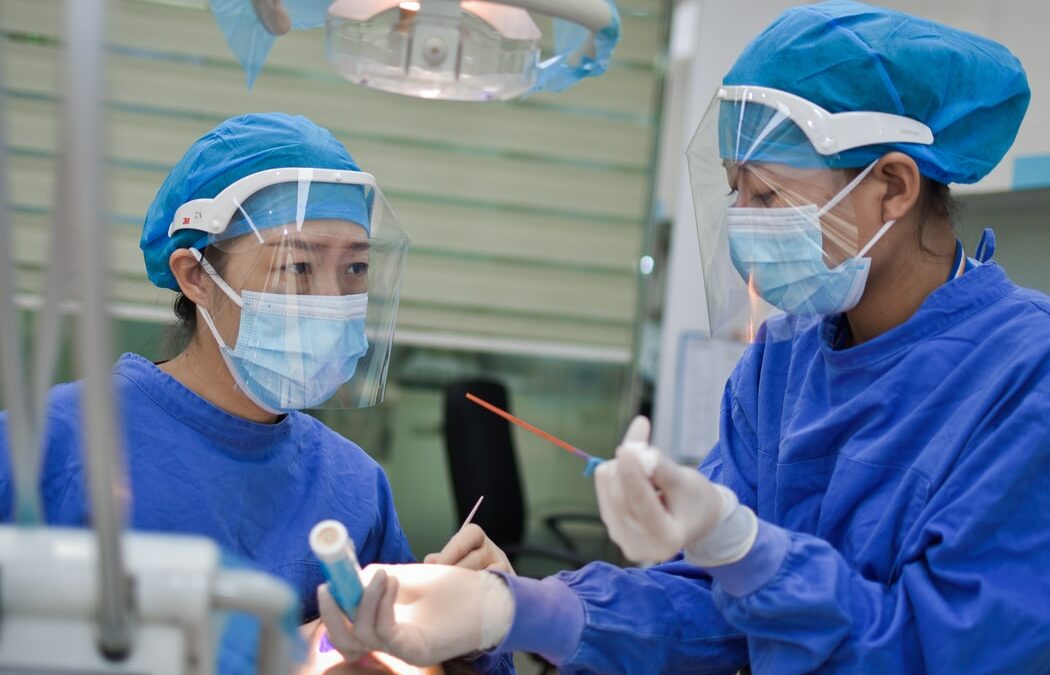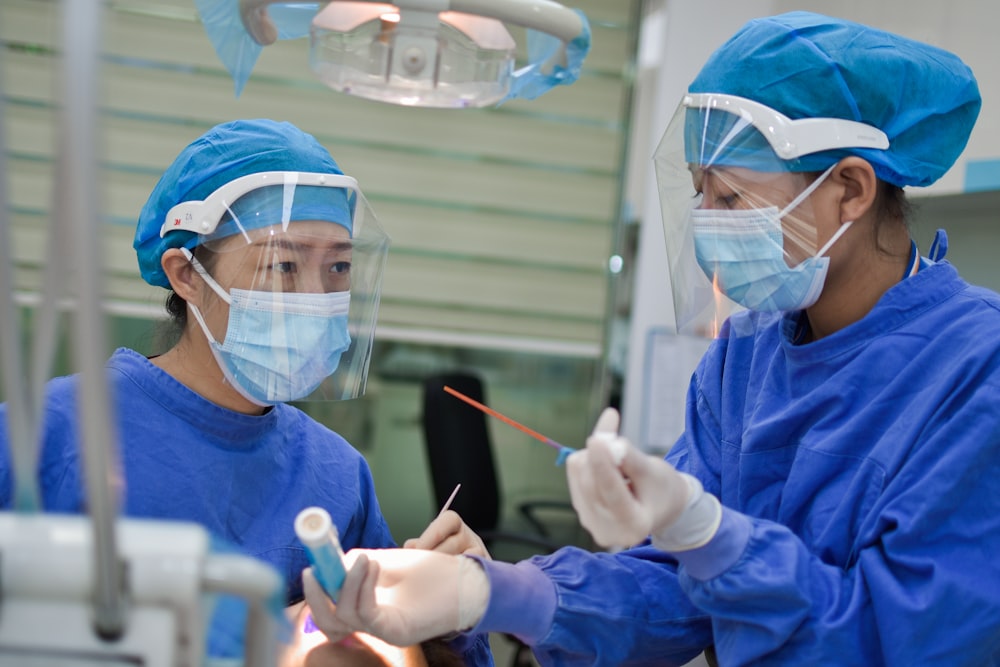


Many doctors can experience a grievance, investigation or clinical negligence claim throughout their medical career; a number of these might return from a patient, Associate in Nursing leader or via the General Medical Council (GMC) and will relate to any side of skilled follow. Complaints against doctors have sadly become additional common within the GB in recent years. This can be seemingly thanks to the increasing complexities of medication Associate in Nursing, a rising complaints culture amongst the final public, instead of any decrease in doctors’ performance.
Patients will build a grievance regarding any side of the medical aid they receive. Some common reasons for patient complaints include:
A patient grievance, or clinical incident involving a patient, will cause many various kinds of investigation, such as the following:
Once you qualify, you face multiple activity risks that would sadly have grave consequences for your career, name and finances.
Above, we tend to line a number of the most reasons why patients complain and also the numerous consequences that may arise from a grievance. However, the precise risks may rely on what form of doctor you become. as an example, can you be designated patients, treating patients, or a mix of both?
How am I able to avoid patient complaints and different aggregation problems? The answer to this is that “prevention is healthier than cure”. It is a well-known phrase in medicine and it’s conjointly true wherever aggregation problems are involved.
Most patient complaints relate to at least one or additional of the subsequent areas:
Being aware and having experienced potential risks can have a positive impact on your behaviour and clinical performance. Here are our suggestions:
Keep abreast of the newest developments in health care, such as news, policy announcements and necessary changes to laws and legislation.
Do you communicate effectively? Patients can sometimes appreciate honest, open doctors WHO communicate effectively, justify problems clearly and apologize fittingly once things don’t get set up. It’s conjointly key that you just communicate clearly and absolutely with colleagues in the least levels.
Many doctors have found themselves in difficult situations; learn from them so you don’t find yourself within the same position.
Medical school doesn’t cowl everything. If time permits, take extra on-line courses.
Helping members to avoid issues before they happen is central to our approach, therefore, we offer a good vary of instructional resources and workshops covering areas, such as:
Sometimes interference isn’t enough and even the simplest. Most diligent doctors realize themselves facing complaints and legal proceedings. At this stage, there are still steps you’ll need to take in order to protect yourself.
Contact your medical defence organization as shortly as attainable.
Take responsibility for what’s happened and do what you’ll to rectify the case. You can’t undo the error entirely, however, you will be ready to stop the patient from returning to any extent further damage.
Resilience and continuous developments are half and parcel of being an excellent doctor. Use negative experiences as learning opportunities and take steps to make sure identical errors aren’t created once more.
Receiving a grievance or claim is implausibly troublesome for any health care provider. It boards inevitable emotional stress and doctors might find themselves facing money penalties, reputational harm and doubtless withdrawal of their right to practise medicine.
We conjointly facilitate all our members proactively cut back their risk of facing aggregation problems by giving them access to a good variety of instructional resources like articles, case studies, events and webinars.